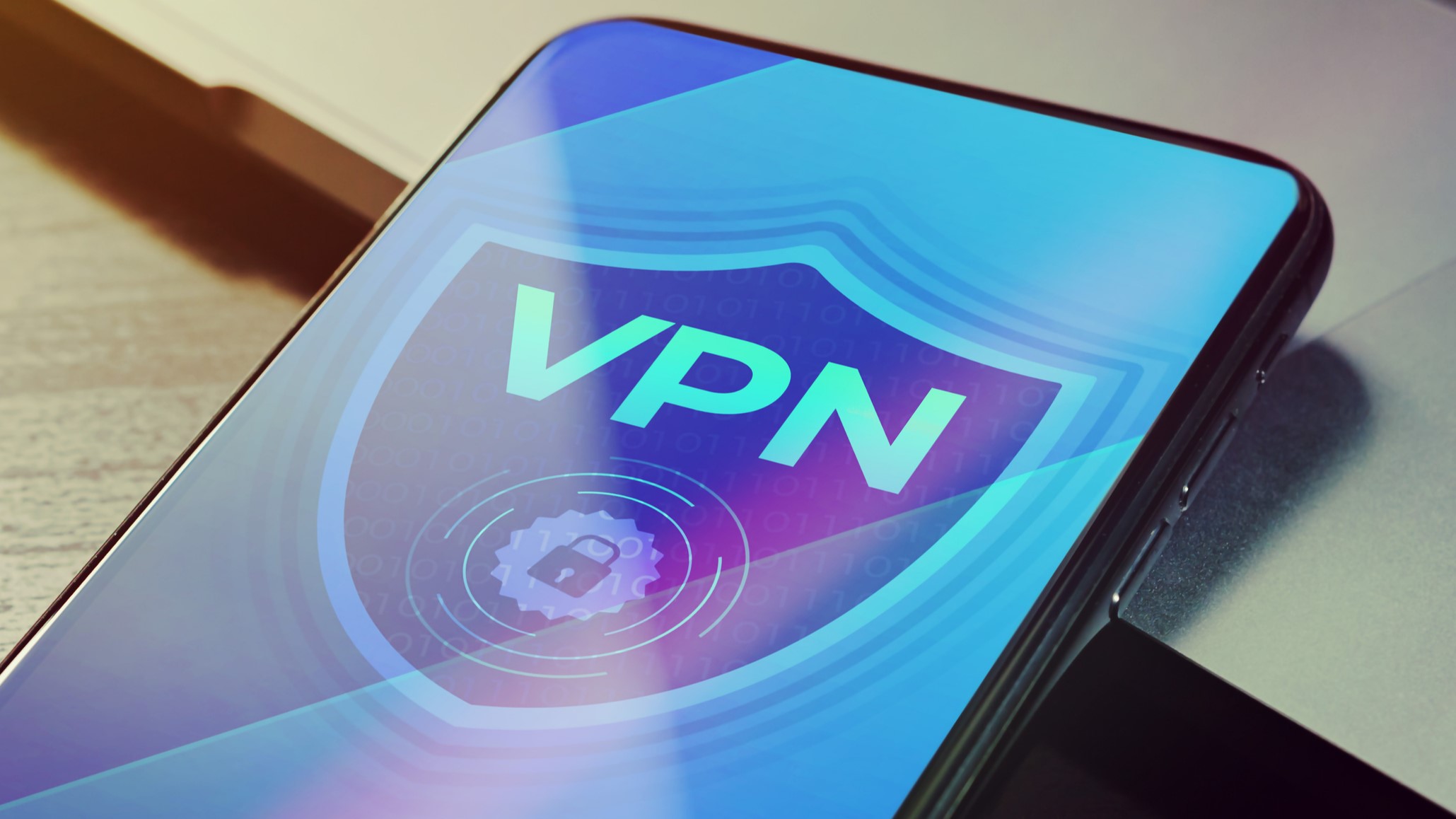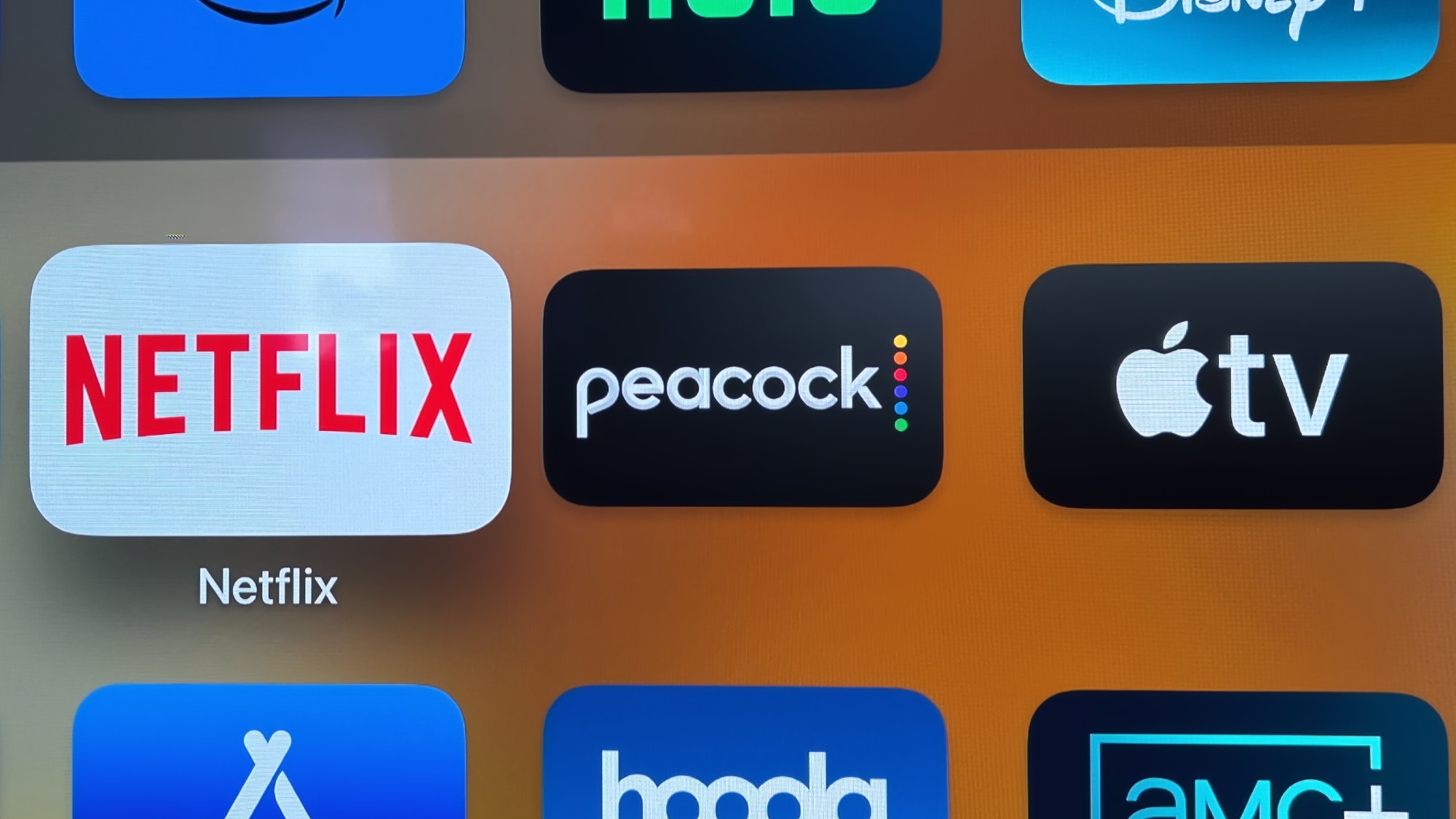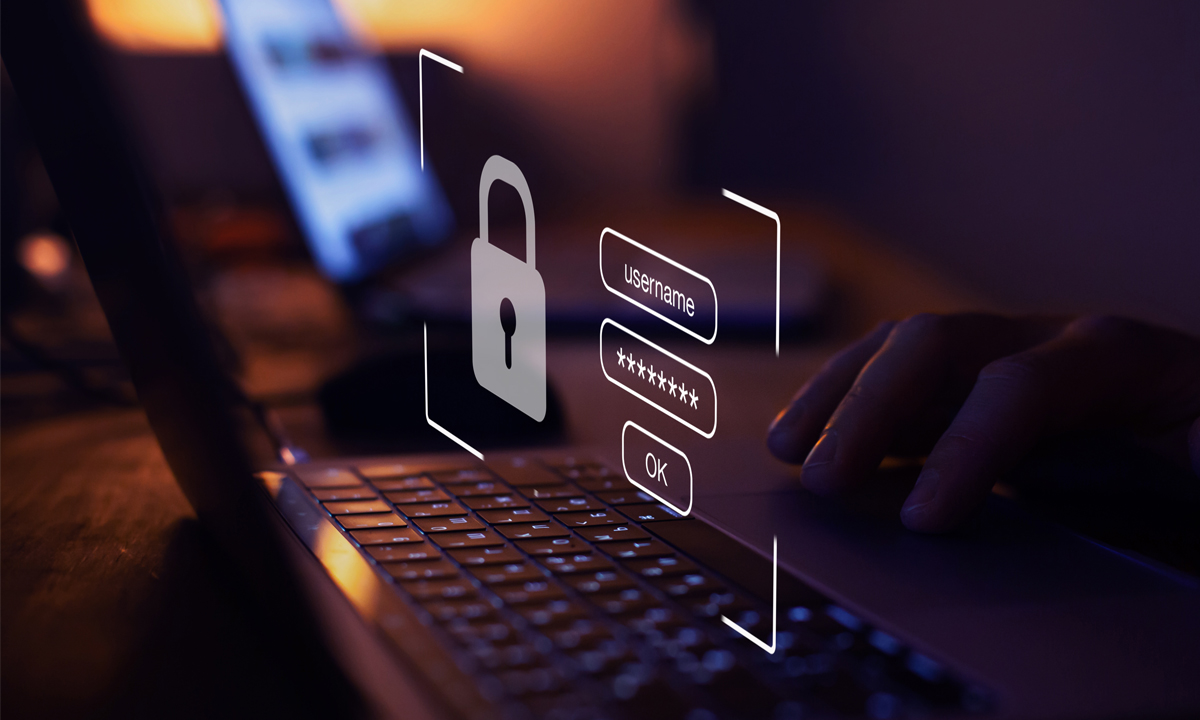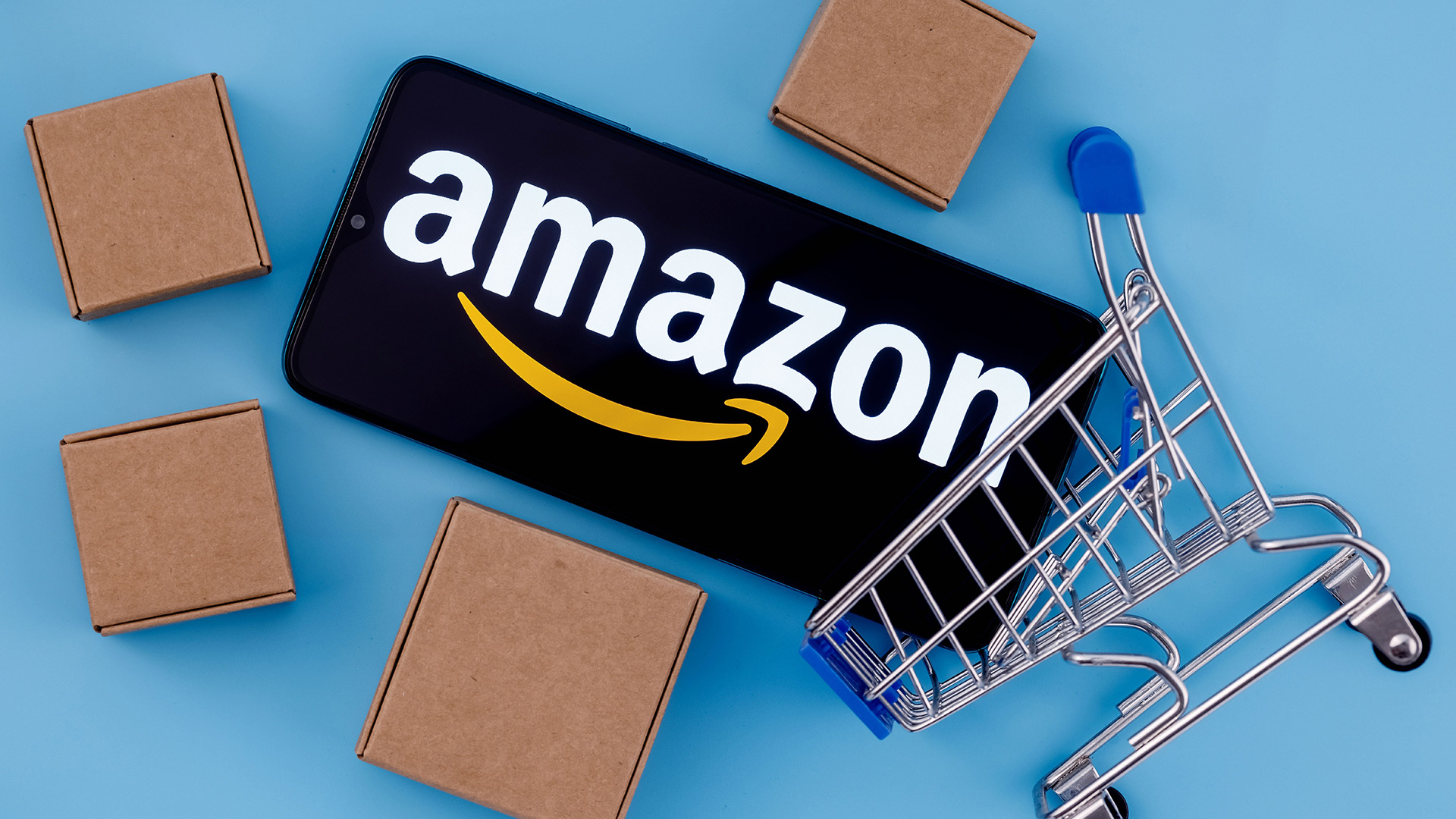Urban VPN review

With so many different VPNs out there that claim to hide your identity online and allow access to streaming services, it can be difficult to stand out from the crowd. Urban VPN does so for all the wrong reasons. It hasn’t yet appeared in our best VPN guide, and in the state it’s in I doubt it ever will.
I’ll be taking a closer look to see how it compares to more well-known VPNs like NordVPN. To this end, I'll be reviewing Urban VPN based on price, privacy, performance, streaming capabilities, app coverage, and extra features. Without further ado, let's get into it.

Pricing
Urban VPN claims to be a completely free VPN service, but this isn't entirely true. You end up paying through the service with your browsing data or a percentage of your bandwidth. When you use the desktop version of the app, you’re joining a P2P network with other Urban VPN users. Your traffic is then routed through another Urban VPN user’s connection in the region you’ve selected in the VPN. This is how Urban VPN can claim they offer a 100% free service without bandwidth limits: it’s really just a decentralised VPN network.
Urban VPN does not have a pricing plan for its desktop version, but there is a premium version available for iOS and Android with an additional cost. However, enabling the premium version of the app doesn't seem to make any difference in terms of features or connectivity. At best, Urban VPN claims they won’t capture and sell as much of your data through the mobile app.
Perhaps I'm missing something, but the pricing scheme appears to be a red herring—an attempt to legitimise the fact that Urban VPN is primarily a data collection VPN. This is how they monetize the app. There's a seven-day free trial for the iOS and Android versions, but I wouldn't trust it. User reviews indicate issues with getting refunds after being charged immediately for the service. In all fairness, I'm still waiting on my refund too.

Privacy and logging
A VPN should prioritise your privacy above all else. If a VPN can't be trusted not to record your data or send it to third parties, there's simply no point in using it. As I will explain, there's no point in using a VPN until the privacy policy is fully transparent.
Urban VPN claims that they do not collect information about you, have no interest in knowing who you are, and do not collect personally identifiable information. Unfortunately, if you dig slightly deeper into the app, it becomes apparent that they actually extract extraordinary amounts of your browsing data, including insights related to your purchases, the websites you visit, and search engine results. The very idea that this is non-personal data is laughable.
Urban VPN claims that all this data is aggregated in a non-personally identifiable way and that any personal information accidentally captured is cleaned before the data is aggregated and anonymized. There’s so much wrong with this claim that I don’t know where to begin. So, I’ll put it bluntly: Urban VPN claims not to track your data but then explicitly admits in their privacy policy that they are spying on your browsing data.
Even if you opt out of Urban VPN selling your data, there’s a bunch of vague assertions that Urban VPN can collect pretty much any data they like to keep the service running, which can be kept indefinitely and shared with law enforcement as well as “trusted third parties”.
As far as the actual app goes, Urban VPN uses AES-256 encryption along with the OpenVPN protocol, but that’s about all the positives. There’s no kill switch in the app, so if your connection to the VPN drops while you're out and about, all of your information will suddenly be exposed to anyone on the same Wi-Fi network. There’s also no leak protection against IPv6, which means that you may still be exposing your home IP address when connecting through the VPN.

Performance
Speed is not an area where Urban VPN impresses. I tried out OpenVPN (there’s no other protocols, unfortunately) using a 100Mbps connection with Ookla Speedtest to get an idea of how the VPN performed, and…it’s bad. Connecting to the UK server gave me maximum speeds of 28.45Mbps down and 11.83Mbps upload.
Even browsing standard web pages took significantly longer than I expected, let alone trying to stream anything. I had to take to YouTube in the end because I couldn’t get any streaming sites to load, and the performance here was inconsistent to say the best. Sometimes, I’d be able to load HD content without any buffering and sometimes I’d be suffering from several seconds of lag. I think this is all down to the fact that Urban VPN uses P2P bandwidth, so there’s no guarantee you’re going to get a consistent connection.
Most of the VPN providers I’ve reviewed use dedicated servers instead of residential P2P connections so that they can offer you the absolute best speeds. If you’re interested, you should check out our fastest VPN page.

Streaming
Lots of VPN providers claim that they’re able to unblock a wide range of streaming services, but the reality is that streaming services update their blocklists on a regular basis to stop VPN users accessing their streams.
To get an idea of how effective a VPN is at unblocking, there's only one way to know for sure: testing the streaming services ourselves. To get a better idea of what Urban VPN unblocks, I tested Urban VPN with Netflix in a bunch of regional variations (US, UK, Japan, Australia, and Canada to be precise. In all cases, Urban VPN couldn’t unblock Netflix. Amazon Prime and Disney+ also didn’t work, so I moved onto regional streams. I’m talking BBC iPlayer, Channel 4, ITVX, 9Now, and 10Play.
Unfortunately, in all cases, Urban VPN failed to perform. I couldn't unblock a single streaming site using this VPN. This is really poor performance, and I’m very unimpressed.

Apps
VPN design is somewhere between an art and a science. You might have a preference for certain types of UI that I don’t like and vice versa, so don’t be too put off if I recommend a VPN on the basis of design that you’re not a fan of.
That said, the Urban VPN apps are pretty simplistic on all platforms. The desktop apps are available on Windows and MacOS, as well as as browser add-ons for Chrome, Edge, and Firefox. They’re all basically the same: A connection button and a server list. That’s all you’re getting with Urban VPN.
Normally, I’d recommend a simple app interface for beginners but Urban VPN is missing an essential feature that makes VPN’s easy to use. That’s right, there’s no quick connect or “best server” feature. You have to pick a server before you connect, meaning there’s a bunch of trial and error involved in figuring out which server you’ll have the best connection to.

Extra features
To stay ahead in the VPN world, it's important for a VPN provider to offer extra security and privacy features to justify their price. Many top VPNs are now packed with additional features that help with unblocking, IP management, identity monitoring, and threat detection.
Unfortunately, Urban VPN offers none of these. It's an incredibly barebones VPN that does the bare minimum, and it does so poorly. Upgrading to the premium package on Android or iOS doesn’t unlock anything extra, so don’t be tempted to buy in on the expectation everything is locked behind a paywall.
Should you get Urban VPN?
In a word, no. Urban VPN is not only a barebones VPN with poor speeds and minimal unblocking capabilities, but it also has subpar apps. Moreover, its privacy policy has not been audited by a third party, raising serious questions about its development.
Most curiously, the VPN's website seems to have deliberately cherry-picked positive-sounding snippets from reviews that have otherwise trashed Urban VPN as a product.
If you're looking for a VPN that won't disappoint, I recommend you check out NordVPN instead. It tops our best VPN list for multiple reasons, including some of the best speeds we've gauged from our internal testing, rock-solid unblocking capabilities, and a plethora of extra features that make the subscription price a great value. NordVPN also comes with a 30-day money-back guarantee, so you can try it out absolutely free.
For more information, you can check out our review here or visit our best VPN page for recommendations on other great VPNs.
Get instant access to breaking news, the hottest reviews, great deals and helpful tips.

Sam Dawson is a cybersecurity expert who has over four years of experience reviewing security-related software products. He focuses his writing on VPNs and security, previously writing for ProPrivacy before freelancing for Future PLC's brands, including TechRadar. Between running a penetration testing company and finishing a PhD focusing on speculative execution attacks at the University of Kent, he still somehow finds the time to keep an eye on how technology is impacting current affairs.
- Olivia PowellTech Software Commissioning Editor
